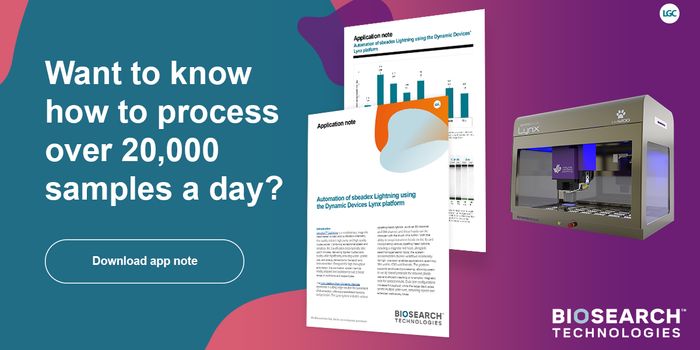Treating Diabetes with Ultrasound
Bioelectronic medicine, or the use of electrical devices to manipulate electrical signaling in the body, has been a recent therapeutics focus among doctors and researchers. According to the Institute of Bioelectronic Medicine, bioelectronic treatments use devices and other technologies to treat injuries or diseases as a potentially safer option compared to drugs and similar pharmaceuticals. And the popularity of this medical approach is growing, at least from a market perspective: the bioelectronic medical market is expected to grow almost 8% over the next few years.
Some research has been conducted on the effectiveness of bioelectronic medicine; for example, some studies of using electronic devices to stimulate the vagus nerve for treating inflammatory conditions have led to some human clinical trials. But even so, research is emerging every day exploring bioelectronic medicine’s potential for patients.
And now, according to new research published in Nature Biomedical Engineering, researchers may have found a bioelectronic approach to treating diabetes: using ultrasound.
According to a GE-led team of researchers, activating specific nerves through the use of ultrasound technology proved effective at changing the concentrations of neurotransmitters focused on regulating metabolism in three species of mice, offering positive directions for the treatment of type 2 diabetes.
The idea behind the use of ultrasound for diabetes focuses on the stimulation of neurometabolic pathways. Prior research suggests that the waves produced by ultrasounds interact with cells in such a way that it can actually change the activity of neurons around cells to change brain-nerve communication, though the exact mechanism is still a little unclear.
Specifically, researchers targeted the nerve plexus of the hepatic portal system, which plays a crucial role in glucose homeostasis.
The team is now moving towards feasibility studies of their technique in humans. If ultrasound proves effective for people with type 2 diabetes, it could revolutionize the care and treatment of diabetes. The reduced need for regular glucose monitoring and frequent insulin injections could improve outcomes and reduce burden for patients.
Sources: EurekaAlert!; Nature Biomedical Engineering; Perspectives in Medicine; Frontiers in Physics








